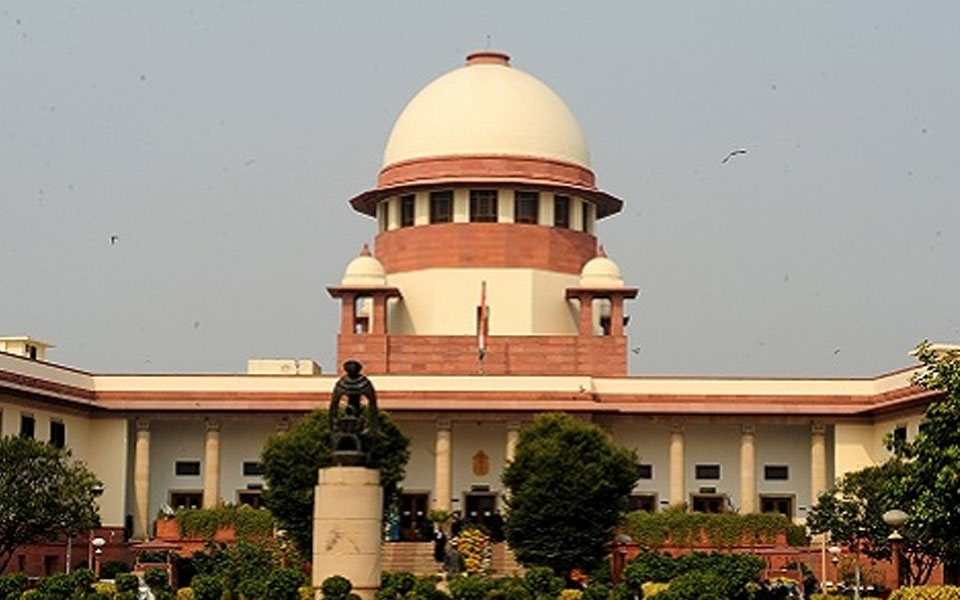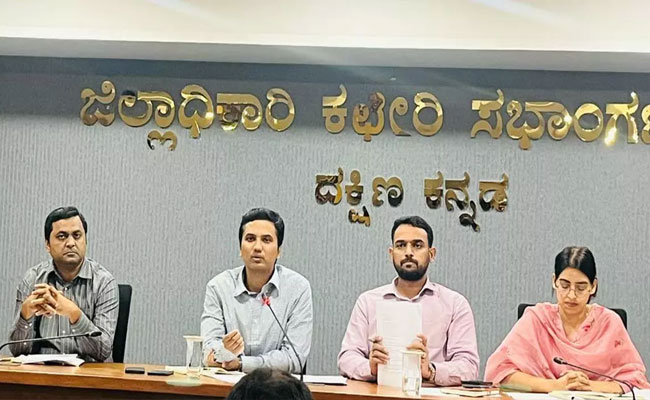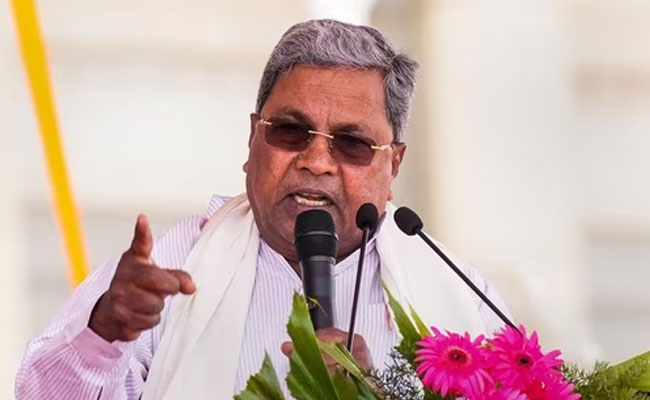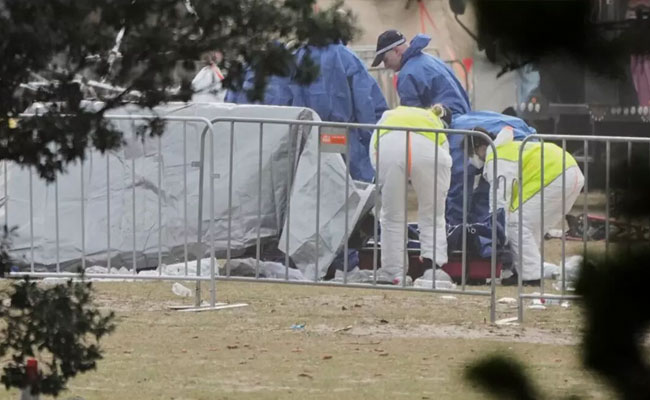New Delhi, Sep 7: The Supreme Court on Friday issued notice to the Centre on three pleas challenging the recent amendment to the SC/ST (Prevention of Atrocities) Act, restoring the provision mandating immediate arrest in the event of a complaint.
A bench of Justices A.K. Sikri and Ashok Bhushan sought the Centre's response to the pleas but refused to stay the amended law.
"We can't stay without hearing the other side," the bench told the petitioners. The matter has been posted for the next hearing after six weeks.
The petitioners -- lawyers Prathvi Raj Chauhan, Priya Sharma and an NGO -- have challenged the amendment made in the just concluded monsoon session of Parliament by which the lawmakers nullified an apex court verdict removing the provision for immediate arrest.
The pleas said the fresh amendments were violative of the fundamental rights to equality, life and liberty.
Comparing the recent amendment with the one brought by the then Prime Minister Rajiv Gandhi's government to overturn the top court verdict in Shah Bano case, the petitioner lawyers have described the provision to arrest as "arbitrary" as this would be misused against innocent people.
In the Shah Bano case, the top court had awarded maintenance to the divorced Muslim woman, but the then government brought an amendment to overturn the judgment holding that it was an infringement of the Muslim Personal Law.
The petitioners have contended that the government brought the amendment under pressure from alliance partners and for political mileage and the fear of antagonising a huge vote-bank ahead of the next year's Lok Sabha elections.
It says the government plea seeking the recall of the apex court order is still pending with the top court.
The Supreme Court had ruled on March 20 that the police should hold an inquiry to ascertain the veracity of any complaint filed under the Act before acting on it.
The court had said that it was providing for the safeguard "in view of acknowledged abuse of law of arrest" under the Act.
Let the Truth be known. If you read VB and like VB, please be a VB Supporter and Help us deliver the Truth to one and all.
Mangaluru: This year’s Karavali Utsava will commence on December 20, with a wide range of cultural, adventure, and tourism-focused programs planned across Mangaluru and other parts of the Dakshina Kannada district, Deputy Commissioner Darshan H.V. said.
He was speaking while presiding over a Karavali Utsava preparedness review meeting held at the District Commissioner’s office.
The main event will be held at the Karavali Utsava grounds in the city. In an effort to promote beach tourism, special programs will be organised at six beaches across the district, which include Panambur, Ullal, Someshwara, Sasihitlu, Tannirbhavi, and the Blue Flag Beach.
ALSO READ: Udupi: Toddler slips from mother's hand while drawing water from well, dies
Outlining the schedule, the Deputy Commissioner said adventure sports will be held at Sasihitlu Beach, while a wine, cheese, and cake festival will take place at the Tannirbhavi Blue Flag Beach.
A music festival and triathlon are planned at Tannirbhavi Beach. Football, volleyball and other sports events will be organised at Ullal Beach, cultural programs at Panambur Beach, and a music evening and yoga program at Someshwara Beach.
In addition, food festivals featuring a variety of local and regional cuisines will be held at all beaches. The Kala Parba program and a flower and floriculture exhibition will be organised at Kadri Park, while a film festival is also planned in Mangaluru city.
A football tournament will be held at Nehru Maidan on December 27 and 28, and special programs will be organised at Pilikula Nisargadhama. To attract tourists, helicopter joyrides have also been arranged, the Deputy Commissioner said.
The review meeting was attended by Zilla Panchayat Chief Executive Officer Narvade Vinayak Karbari, Mangaluru Deputy Divisional Officer Meenakshi Arya, Deputy Commissioner of Police Mithun H.N., Deputy Conservator of Forests Antony Mariappa, and other officials.





